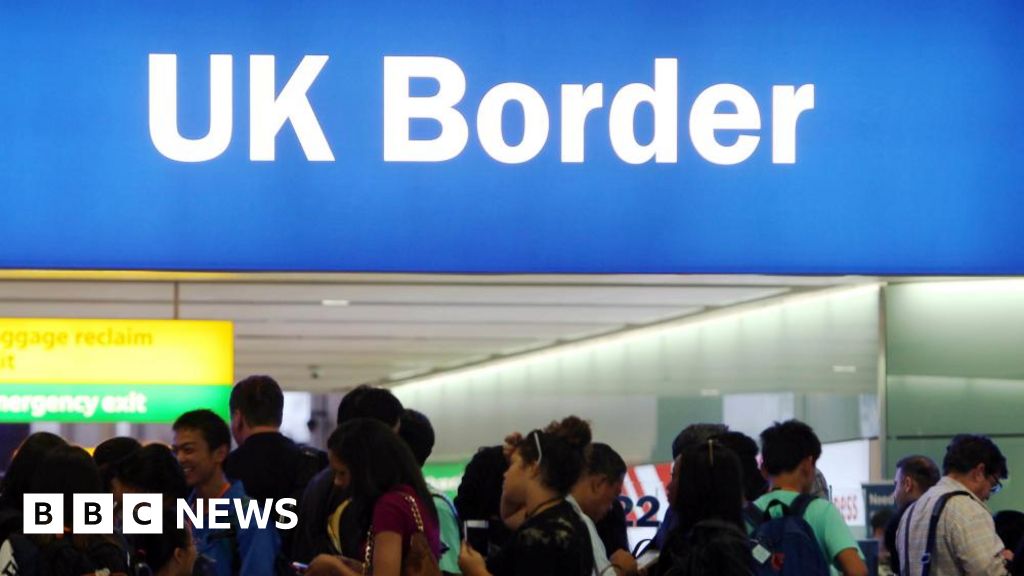The BBC’s coverage of migration has been reviewed and while no consistent bias towards one viewpoint was found, there are concerns of impartiality. Dr Madeline Sumption presented her findings in a review commissioned by the BBC board. While the broadcaster “produces a lot of excellent content on migration… there are also weaknesses”, she said, citing “risks to impartiality that point in multiple directions”. Additionally, it was noted that the BBC “often tells migration stories through a narrow political lens”.
The review focused on news and current affairs, with attention given to the narrow “balance” achieved by quoting soundbites from people with opposing views. Instead, viewers and listeners want more in-depth coverage with proper context, particularly around complex policies. The review also found that journalists felt anxious about taking on topics that could be hostile to migrants, although they are able to cover immigration fraud and related topics in a factual and respectful way.
Furthermore, while the BBC’s coverage of migration focuses on political developments, there is a lack of coverage on the concerns faced by communities, housing, public services, and the labour market. Dr Sumption stated the BBC should have “equal empathy for migrants and UK residents who worry about the impacts of migration”.
The report suggested the BBC could do better to distinguish between refugees and asylum seekers. It was “striking” that the BBC almost never used the term ‘Ukrainian migrants’, as Ukrainians were often described as ‘refugees’, even though they had not been assessed for refugee status. Although many asylum seekers were believed to be refugees, the BBC referred to them as “migrants.” Lastly, the voices of migrants themselves were often missing entirely from the BBC’s reporting, which could be due to a lack of time or subject-specific expertise among the BBC journalists reporting on migration
Read the full article from The BBC here: Read More
